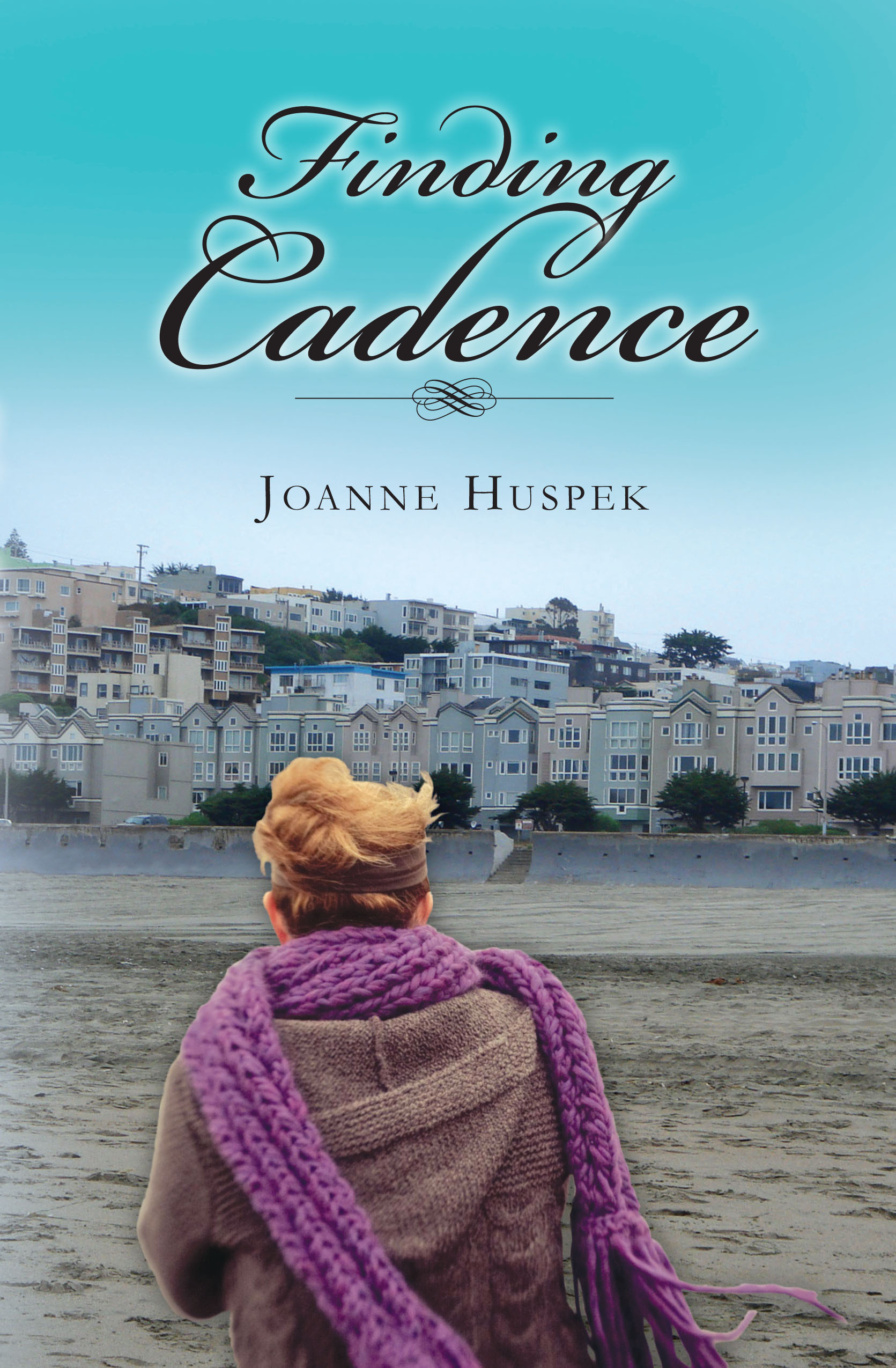I’ve been dying to (and trying to) write this post for a month. You know how it is. December = holidays + end-of-year-tax-queasiness + noticeable lack of sunlight. End result, many trips to CVS for stomach relief medicine. One of my resolutions – besides the standard lose ten pounds, exercise more, and WRITE – is to contribute to the blog more than once in a blue moon. More like once a week. Here goes:
When a person decides to write something more substantial than a blog post or article, something epic, like an actual novel (many thousands of words, many hundreds of pages, many characters and plot twists), it’s like a journey to another land.
Transcontinental. By covered wagon. Through a summer Death Valley and a winter in the Sierras. Alone. (Well, except for the one horse.)
Despite the fact that there are educational institutions, libraries full of reference books, conferences and seminars galore, critique groups, writing friends, and of course, the vast Internet, the writer is flying solo. Or in my case, walking alongside the covered wagon solo.
A few years ago, I decided to enlist in professional help. I’d completed two novels. I have plenty of online writing friends, many published authors, who have cheered me on and slapped me silly. I joined a local critique group. But something was missing.
First of all, I can only bother my online writer friends just so much. They are busy writing. Some had paired up with others for mutual in-depth critiquing. This happens best if both writers produce in a similar genre. I will BETA read other genres, sometimes for pleasure, sometimes I’m asked, but I know from the get-go that my favorite reading material is women driven, contemporary, and literary. And it’s a lot to ask someone to be your crit bud for life.
Second, writing, like many artistic endeavors including music and the visual arts, can’t be self-taught, despite all of the reference books out there. My library is a testament to writing reference. If it was printed, I bought it, from Donald Maass to Stephen King to Noah Lukeman and beyond. Sure, the creative juices are yours and yours alone, and you’re the master of your creation, but without (superior, constant, personal) guidance, one might fall back on easy and bad habits.
I’ve been in a few critique groups, some temporarily. I’m fairly intelligent, have a decent grasp of grammar, punctuation, and of course, am a stellar speller. I don’t need a line editor or proofreader. What I’m looking for in a group critique situation is similar to what I expect from my online writer friends: brutal honesty on story development. If I wanted sycophantic praise, I’d have given my material to some sympathetic BETA readers I know. I knew my writing was lacking something, but I couldn’t put my finger on it.
I could tell my writer friends were patiently annoyed by my requests. Books can only give so much information. The critique route wasn’t working. I had to do something else.
Going back to school was instantly nixed. I own a business (several) and I don’t have time to commit myself to college. Plus, I’m just too old. I can see myself in a class room with a bunch of teenagers…NOT!
For me, there was only one alternative, and that was to pay for professional help.
I know what you’re thinking. Pay? Money? For an editor? Was I out of my mind? Was what they say about teachers (those who can, do; those who can’t teach) directly applicable to editors?
Well, how was I to know? Unless I looked around.
I’d met several professional editors along my rutted wagon trail way, some online and some at the San Francisco Writers Conference. (Hey, there are worse things than talking to professional editors at a conference…for free.) I’d struck up a rapport with a couple. Some are outrageously expensive (albeit, these are the gurus, the top guns of the industry) and others seemed to be dirt cheap. Those on either side of the spectrum worried me. I’d used a few to help me with beginning chapters, and one to assist with all of VIRTUALLY YOURS. Some were easy to work with, some not so.
Mr. ED (of VY fame) approached me with a novel *punny* idea: That is, he suggested a tailor-made program for me. Editor for Life.
I’ll have to admit, the ED for Life thing sounded a bit off the chart. It was expensive. In case you didn’t know, I’m cheap. We all know I am a cynic. But I did enjoy working with him. He got my vision, yet wasn’t afraid to tell me when I wandered way off track. I returned his offer of lifelong help with many questions. Serious questions, including provisos in case either one of us died. (Honestly. Either one of us could get hit by a bus tomorrow and then where would we be?) I thought, and I thought some more, and I finally agreed. (In installments. I’m not fabulously wealthy.)
There is a moral to this long, twisted tale of me and my writing covered wagon, and I’m getting to it.
Once I made the commitment to ED for Life, my outlook on writing changed. I became a WRITER for Life.
That’s right. Since signing on the dotted line, I’ve been writing or editing nearly non-stop. Almost daily. No longer did I suffer writer’s block or depression over my work. I’ve been pumping out words like there’s no tomorrow. (That’s because theoretically, tomorrow might never come. Plus I want to get my money’s worth.)
The writing tables have turned. Now I have two horses hitched up to my covered wagon. The journey will be bumpy, but at least I have a navigator.








3 Responses to How an Editor for Life Made Me a Writer for Life